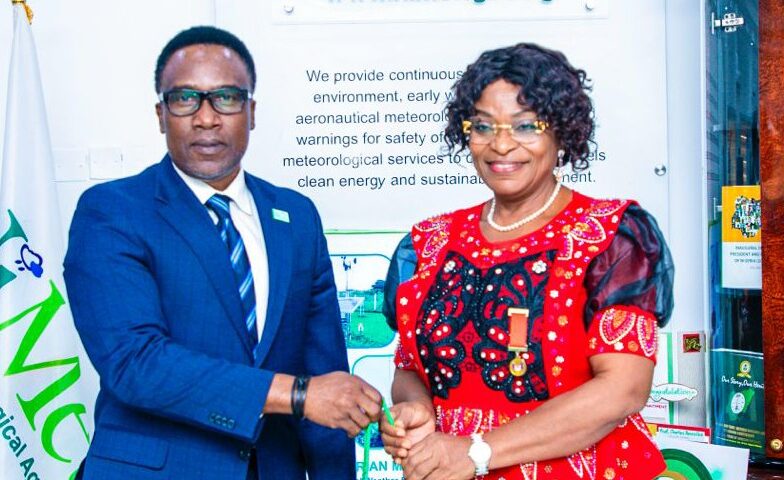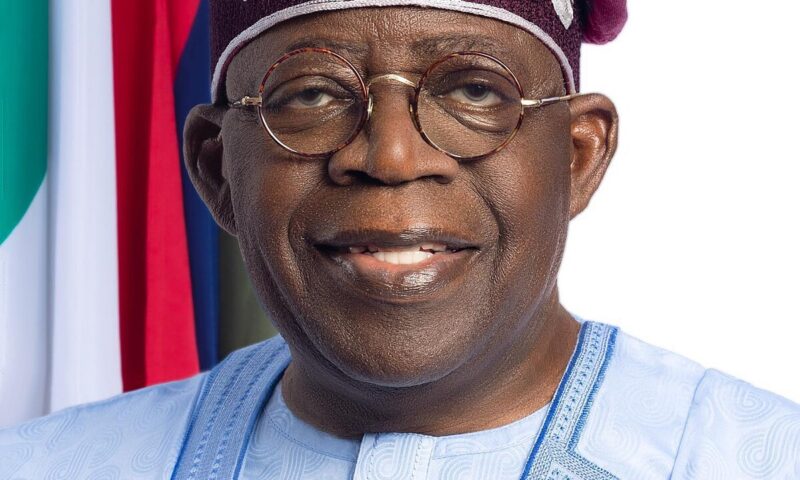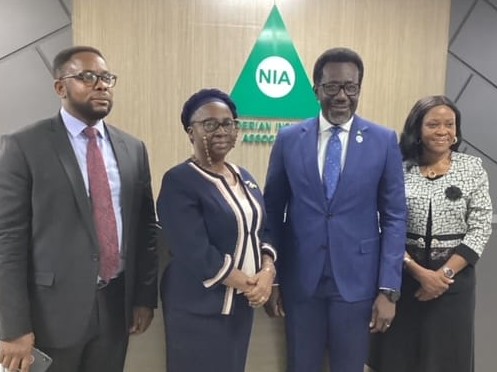All Posts in "Day: February 19, 2024"
Nigeria’ s economy to grow 3% in 2024 – Allianz Trade
By Favour Nnabugwu
Nigeria, Allianz Trade’s Country Risk Atlas highlights that the country’s economy is expected to grow by 3% in 2024, slightly more than the 2.9% growth of 2023. This growth rate is broadly in line with the global average but falls approximately 1 percentage point below the forecast for the Sub-Saharan region.
The economic cycle continues to favor second-tier commodity exporters due to geopolitical factors and production quotas imposed by top crude oil producers.
However, Nigeria faces persistent fiscal pressures due to institutional weaknesses, social challenges, and output constraints. The government’s ability to respond to these pressures remains limited, and there is a heightened risk of a negative feedback loop emerging in the coming years, driven by higher government borrowing needs and rising interest rates.
With inflation expected to average 17% for the year, the main growth contribution for Nigeria will come from the trade balance, which is expected to benefit from the partial replacement of refined imports by new domestic production and the simultaneous increase in value added.
Reduced predictability of government action that characterized the middle months of 2023 and led respondents to our Allianz Risk Barometer to view “Changes in legislation and regulation” and “Market developments” as more impactful than “Political risks and violence”, policy normalization is likely this year although further rounds of naira devaluation cannot be ruled out.
Furthermore, Nigeria’s internal security challenges hinder its contribution to regional military units, despite its prominent position in Africa, while national and supranational institutions across Western Africa are increasingly contested. Allianz Trade warns that potential downgrades in 2024 could be triggered by liquidity constraints, below-potential growth, rising business insolvencies, changes in global supply chains, and increasingly polarized geopolitics during a packed election year.T
Allianz Trade which operates through the Allianz Commercial license in South Africa, released its first Country Risk Atlas, a new flagship publication focused on country risk, an expertise the world leader in trade credit insurance has built up over decades. The Country Risk Atlas is based on a proprietary risk ratings model that is updated every quarter with the latest economic developments and Allianz Trade’s proprietary data on global insolvencies and the business environment.
“The Country Risk Atlas provides comprehensive analysis and insights into economic, political, business environment and sustainability factors that influence trends in non-payment risk for companies at a macroeconomic level. It aims to be a companion for businesses and investors in making informed decisions by identifying potential risks and opportunities in 84 different economies, along with the map we produce quarterly for all the 241 countries and territories we monitor,” states Ana Boata, Head of Economic Research at Allianz Trade.
In its first Country Risk Atlas, Allianz Trade reveals that it upgraded country risk ratings in 2023 while downgrading only 4. The upgraded countries showcased their resilience to global shocks. The trend is totally different from that of 2022, when Allianz Trade upgraded only 8 country risk ratings while downgrading 17.
“In 2022, our country risk ratings were largely influenced by the repercussions of the war in Ukraine. But in 2023, the global economy has shown a certain resilience against one of the most aggressive global monetary policy tightening cycles and in the face of some major global shocks.
As such, we have upgraded 21 economies’ risk ratings, equivalent to around 19% of the global GDP. Africa has seen the most upgrades (10), followed by Europe (6), while only China and Uruguay have seen their country risk trajectories improve in Asia and the Americas, respectively.
However, Africa remains the continent with the greatest difficulties in terms of liquidity and access to international markets at a time when liquidity risk is increasing almost everywhere. Against this backdrop, the current cycle and enduring fiscal and monetary policy efforts may trigger further upgrades in the Americas, with Africa and the Middle East most likely to fall behind,” adds Ana Boata.
Overall, when looking at the average of all of Allianz Trade’s country risk ratings, the global risk of non-payment for companies in 2023 stands slightly above 2 (Medium Risk), stable compared to 2022 and almost back to 2019 levels.
Regionally, Africa’s average risk rating stands above 3 (Sensitive), while the Middle East, Latin America and Eastern Europe (incl. Russia) are close to but below 3 (Sensitive). Asia Pacific is slightly above 2 (Medium) and Western Europe and North America are close to 1 (Low).
NIA Press briefing in Lagos
CAPTION:
L- Mr Lanre Ojuola, Director, Operations Nigerian Insurers Association (NIA); Mrs Yetunde Ilori, Director-General (NIA); Mr. Olusegun Omosehin, Chairman (NIA) and Mrs. Bola Omole, Director, Project (NIA), at the media parley with members of the Nigerian Association of Insurance and Pension Editors (NAIPE), last Tuesday



